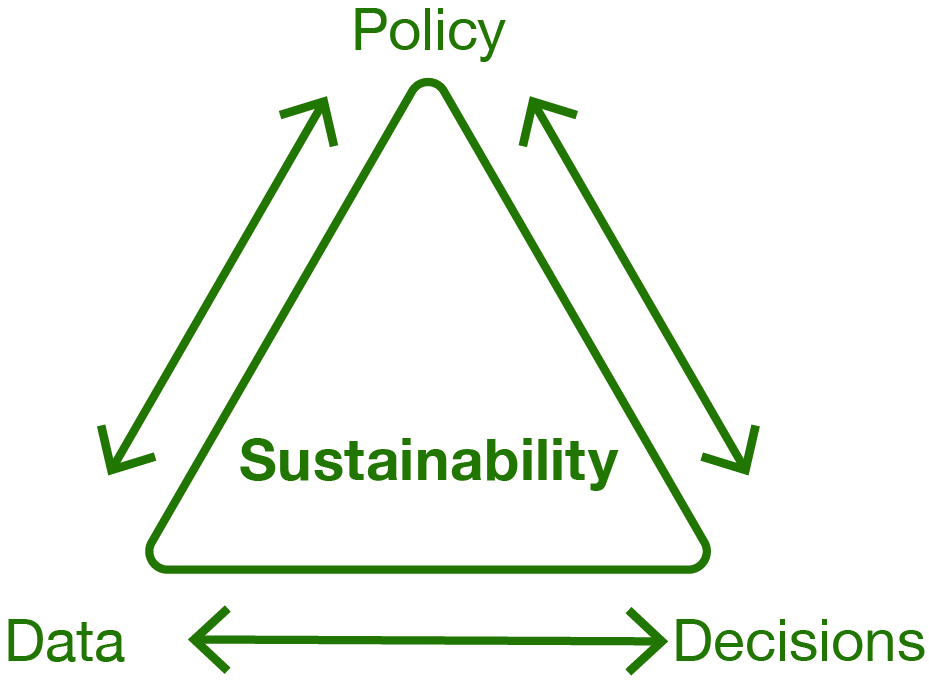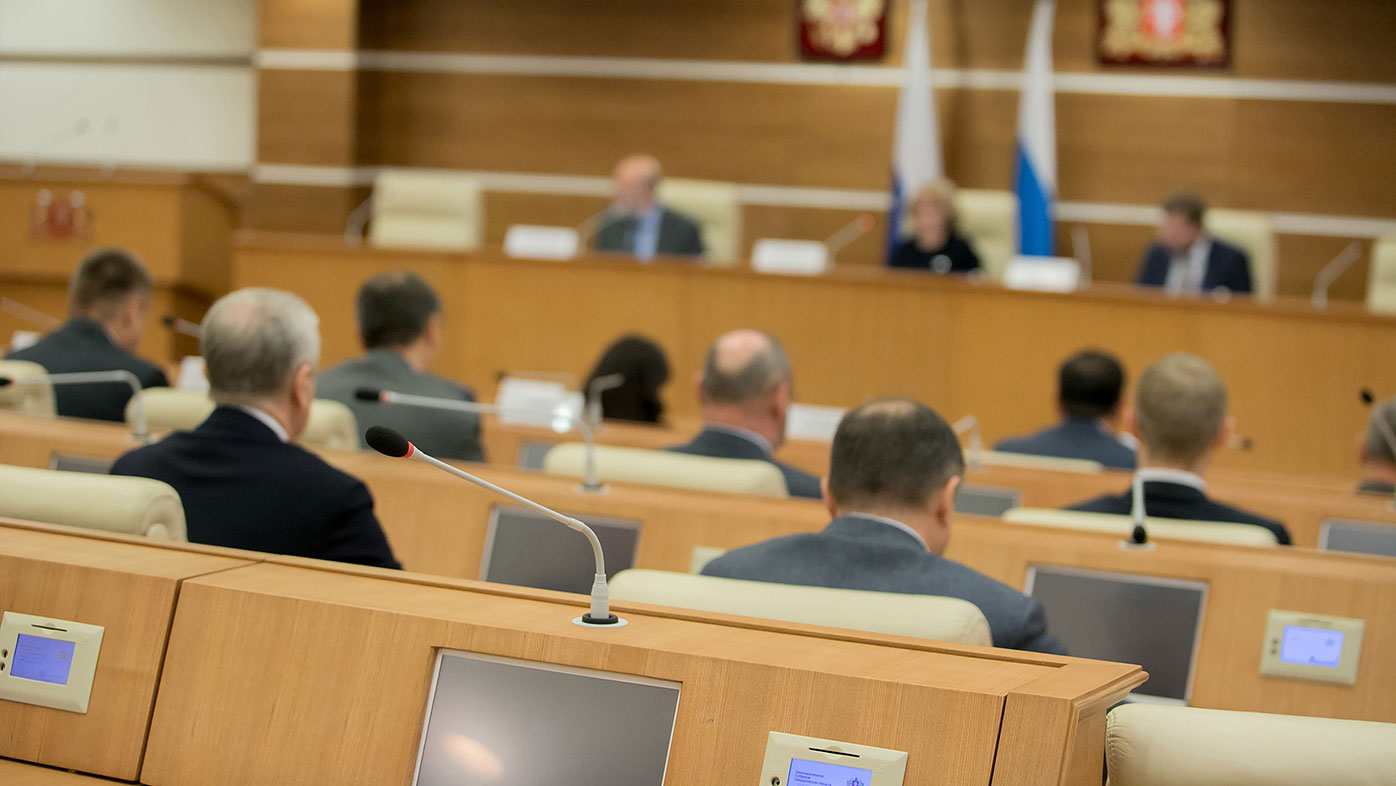CRU Sustainability is pleased to announce the launch of a new Sustainability Knowledge and Insights series. This series will provide analysis and assessments of the rapidly evolving landscape of environmental policy and regulation. It will draw out implications for the commodity and raw material markets. These insights, combined with CRU’s unique sustainability data, will be essential for corporate decision making.
Figure 1: Corporate sustainability decisions will be guided by data and the path of policy

Source: CRU
Environmental policies and regulations are evolving rapidly
The path of policy will have profound implications for commodity producers, traders, and consumers. Since the beginning of 2021 alone, developments include:
- the United States’ decision to re-join the Paris Climate Accord in February;
- China’s pledge to become carbon neutral by 2060, passed into law in March;
- the EU’s Taxonomy Climate Delegated Act in May; and
- the formal launch of the global Taskforce on Nature-Related Financial Disclosures in June to complement the Taskforce on Climate-Related Financial Disclosures.
The policy and regulatory landscape will continue to evolve rapidly in the second half of 2021 and beyond. The European Commission, for example, will publish its ‘Fit for 55’ package in mid-July, in which it will set out the required legislation to achieve the continent’s climate ambitions under the European Green Deal. Major global policy commitments are also expected at the 26th UN Climate Change Conference of the Parties (COP 26) later this year, including on carbon pricing and the timing of peak emissions, for instance in China. Meanwhile, opinion polls suggest the Green Party might enter the German government after the country’s September general election, with likely consequences for wider EU environmental policies. Chile is in the process of redrafting its constitution with potentially far-reaching implications for the mining industry.
These policies and initiatives will shape commodity and raw material markets in several ways – through new emissions targets, taxation and subsidies with differential impacts on polluting processes, the regulation of financial markets, planning laws to favour certain activities or by fostering innovation through incentives such as R&D tax credits and grants. The CRU Sustainability knowledge and insights series will track these developments.
Understanding policy and having sustainability data will help you stay ahead of the curve
The journey to net zero will be shaped by carbon emissions reduction, the energy transition, and the creation of a circular economy. Understanding how the environmental policy and regulation landscape might evolve, and how it will affect the entire commodity supply chain will be key to ensuring the continued success of any business in these markets.
By combining CRU’s proprietary data and established market analysis with sector-relevant policy insights, the CRU Sustainability series will help your business navigate these seismic changes as the world embarks on its journey to a net zero future.
To receive email alerts to all CRU Sustainability knowledge and insights.Please register your details.


